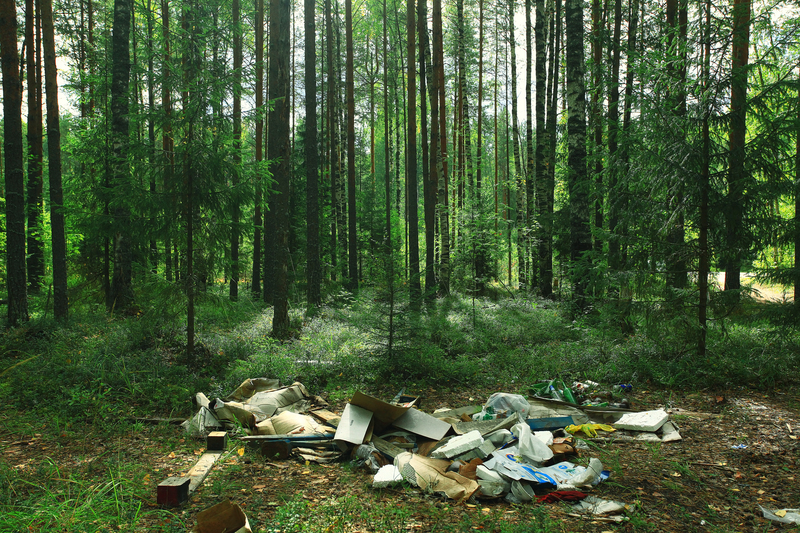The Necessity of Waste Clearance Solutions
Posted on 13/10/2025
The Necessity of Waste Clearance Solutions
Waste clearance solutions have become increasingly critical in modern society. With the surge in urbanization, industrialization, and population growth, the amount of waste generated has skyrocketed. Effective waste management is essential not just for environmental preservation but also for public health and quality of life. This article explores why waste clearance solutions are indispensable and offers practical tips, advantages and disadvantages, as well as key takeaways.

Environmental Preservation
Waste clearance solutions help in preserving the environment by reducing pollution. Improper waste disposal leads to air, water, and soil contamination, which can severely affect biodiversity. For example, plastics that aren't disposed of properly can end up in oceans, causing harm to marine life. Biodegradable and non-biodegradable waste segregation helps in effective recycling, lessening the burden on landfills.
Public Health
The improper disposal of waste can lead to severe health risks. Exposure to hazardous waste materials can result in skin irritations, respiratory problems, and other serious health issues. Waste clearance services ensure that hazardous materials are handled appropriately, thereby mitigating health risks.
Aesthetic Benefits
One cannot underestimate the aesthetic benefits of waste clearance. Piles of garbage are not only unhygienic but also unsightly. Clean streets and neighborhoods contribute to the community's overall well-being and property values. Maintaining an uncluttered and clean environment boosts community morale and fosters a sense of pride among residents.
Economic Benefits
Waste clearance solutions can also have significant economic benefits. Recycling materials can be repurposed and sold, creating a circular economy. Additionally, efficient waste management systems minimize the costs associated with waste disposal, freeing up resources for other uses.
Legislative Compliance
Many countries have strict legislation regarding waste management. Businesses and individuals are required to comply with waste disposal regulations. Employing professional waste clearance services ensures that you are compliant with local, state, and federal laws, thus avoiding potential fines and legal issues.
Tips for Effective Waste Management
1. **Segregate Waste:** Divide waste into recyclable, non-recyclable, and hazardous categories.
2. **Reduce and Reuse:** Aim to reduce waste production and reuse materials whenever possible.
3. **Choose Professional Services:** Hire certified waste clearance companies that follow environmental guidelines.
4. **Educate and Advocate:** Raise awareness about the importance of waste management within your community.
5. **Regular Audits:** Conduct regular waste audits to understand the volume and types of waste generated.
Pros and Cons of Waste Clearance Solutions
Pros:
- **Environmental Conservation:** Reduces pollution and conserves natural resources.
- **Public Health Protection:** Mitigates health risks associated with waste exposure.
- **Economic Gains:** Recycling and efficient waste management can be economically beneficial.
- **Compliance and Safety:** Ensures adherence to legislative requirements.
Cons:
- **Cost:** Professional waste clearance services can be expensive.
- **Resource Intensive:** Effective waste management systems require investment in technology and manpower.
- **Public Participation:** Requires active participation from the community for maximum effectiveness.

Key Takeaways
1. Effective waste management is crucial for environmental, public health, and economic reasons.
2. Segregation and recycling are key components of effective waste clearance.
3. Compliance with legislation is necessary to avoid legal repercussions.
4. Community participation enhances the effectiveness of waste management programs.
Conclusion
The necessity of waste clearance solutions cannot be overstated. From environmental conservation and public health to economic benefits and legislative compliance, the advantages are manifold. While there are challenges, such as costs and the need for active community involvement, the benefits far outweigh the downsides. By employing effective waste management practices, we can create a cleaner, safer, and more sustainable environment for future generations.
а





